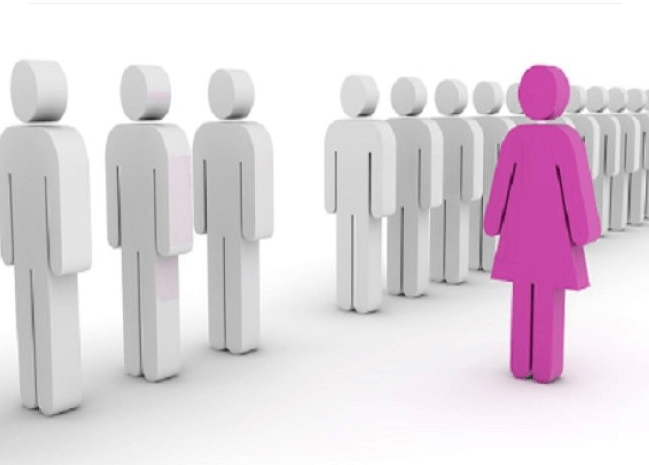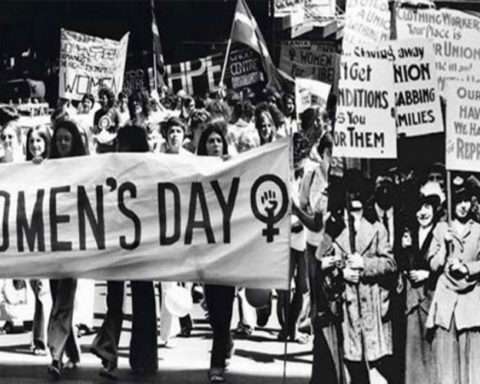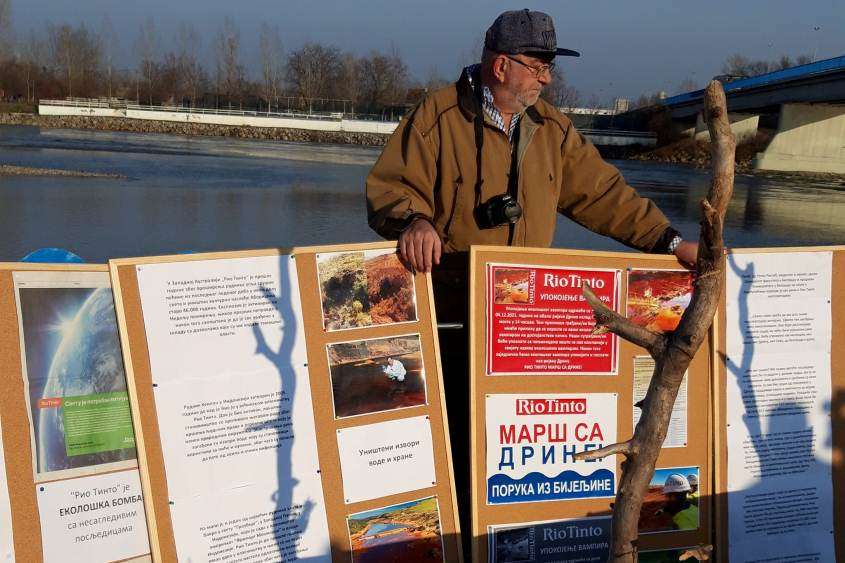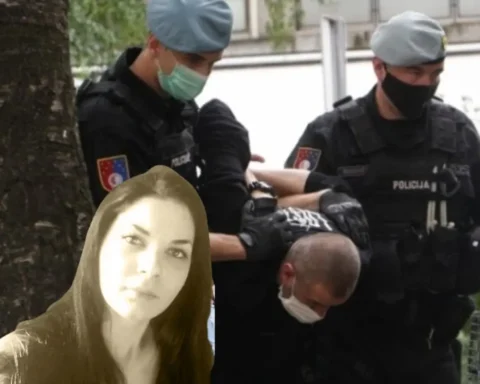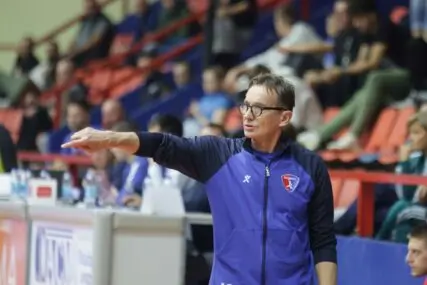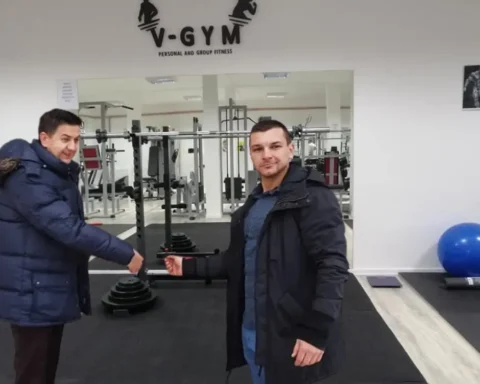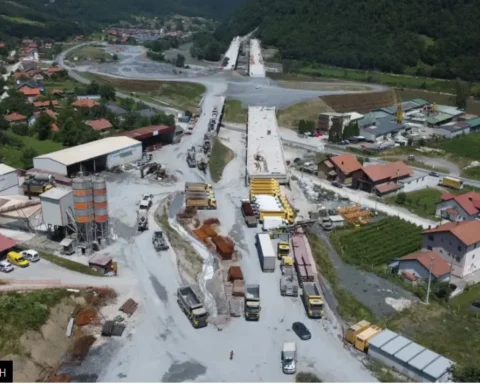 There is an interesting inscription on the wall of the waiting room near my dentist: ‘This is a story about four people named Everybody, Somebody, Anybody, and Nobody. There was an important job to be done and Everybody was asked to do it. Everybody was sure Somebody would do it. Anybody could have done it, but Nobody did it. Somebody got angry about that, because it was Everybody’s job. Everybody thought Anybody could do it but Nobody realized that Everybody wouldn’t do it. It ended up that Everybody blamed Somebody when Nobody did what Anybody could have done. And the simplest thing would be – together. ’
There is an interesting inscription on the wall of the waiting room near my dentist: ‘This is a story about four people named Everybody, Somebody, Anybody, and Nobody. There was an important job to be done and Everybody was asked to do it. Everybody was sure Somebody would do it. Anybody could have done it, but Nobody did it. Somebody got angry about that, because it was Everybody’s job. Everybody thought Anybody could do it but Nobody realized that Everybody wouldn’t do it. It ended up that Everybody blamed Somebody when Nobody did what Anybody could have done. And the simplest thing would be – together. ’
I remember this inscription every time I hear how we start accusing each other, provoking each other, trying to justify our inaction by accusing or condemning someone else, which keeps them in gripped positions of power. Let’s be honest, men are at the forefront of this. The so-called leaders who lead us nowhere, or at least nowhere forward. Those whose deliberate moves have created an atmosphere that women have no place in politics, in places of decision-making. Patriarchal heritage? That would be an easy and incorrect answer.
In BiH, women are mothers, housewives, lawyers, doctors, teachers, journalists, athletes, excavators, scientists, artists, soldiers, police officers, unemployed… And some are politicians.
There Is Always That ‘But’
Why are there so few women in decision-making positions, resource management, or the creation of policies that mean life? In my fifty-year career, I have met and worked with a lot of women. They were rarely ‘someone and everyone’ from the beginning of the story. They were organized, proactive, effective in everything that was their task. With a desirable and permissible dose of ambition but mostly fully aware of their capabilities. But … there is always that ‘but’.
First of all, I have always considered politics and policies to be an inseparable part of life, a great instrument that plays without falsehood in the common interest of all of us. In accordance with our interests and needs, at all levels of this complicated state of ours, it is possible to do well, make progress, give opportunities and empower each of us to achieve our ambitions and fight for our own and our needs. I see you frown, maybe even sneer. But (here it is) why did we allow them to convince us that it is not possible? Why do we, women in all other fields fight, do not give up, look for ways out of difficult situations, but when we come to the political battlefield we surrender without a fight? One of the life lessons given to me by my mother, who raised two children in three shifts while working at the Ključ Socks Factory in Sarajevo (and it would be said that we did not turn out badly) was: If something is important to you, you study, look for a way to you achieve that. If it is impossible, you lower your expectations and wait for better times, but you do not give up. And you never overestimate your possibilities and underestimate others. I am grateful to her. This saved me from some possible disappointments and life’s dead ends.
We leave decisions, management and creation to someone else and then everyone is to blame. And most often to each other! How did we just swallow that hook ‘A woman is a wolf to a woman’!? First, there would be a wolf in the spirit of gender-sensitive language, and then it’s just not true. In the created atmosphere of distrust in women’s abilities, in their abilities, we are left with our leaders to stare at them and silently swallow the bitter dumplings of their incompetence and inaction, enjoying the position of power, because it is politics for most men. And the ‘women are not interested in politics because it’s a dirty job’? And worst of all, women don’t have time for politics! Who will take care of the children, grandparents, lunch and the leader’s shirts? In the interest of political correctness, there are variations of all of us. Both men and women. The good and the bad, the honest and those to whom morality is an unknown category, dedicated and hard-working and cocooned silkworms waiting for the end of their mandate or a new position. Both men and women. But (here it is again) there are significantly fewer women in management and decision-making positions, regardless of the legal provisions, the constitutionally binding international conventions, the qualifications, the abilities, the desires and ambitions.
I do not prefer women just because they are women, but I do not accept that there are no good, great, capable, willing people among us to get involved and take responsibility. We may not have someone like Angela yet, but we have Irma Baralija, Sabina Čudić, Kenela Zuko, prominent active politicians in the Federation of BiH. We also have professors Tanović, Hadžiahmetović, Zaimović-Uzunović, Bakšić, Kovačević, and unrealistically successful and agile activists from the non-governmental sector Sabiha Husić, Maja Gasal. Sarajevo even has a female mayor. We have the Mothers of Srebrenica! And journalists, artists, many women on difficult and important jobs.
What to say about all the successes and achievements of Jasmila Žbanić or Lana Pudar, and our female basketball players!? No matter what, none of them ever gave up and gave their place to a man because it was ‘not for them’, just because they are women. They have found a way to be active and productive both in politics and abroad. Then why are they invisible? Why is their work and achievements rarely, incidentally, the first news in daily news? The most prominent and most visible are women who are mostly obediently following leaders, insensitive to the needs of more than half of the population in this country. And yes, some of them are wolves, they agreed to all ways of behaving and working in their sole interest. And here they are not at all different from the same men. For a long time in BiH, we have not worried about how important it is to have a woman who is an example, a role model for those who want to be actively involved in politics.
Women have a good quality of listening, knowing and wanting to negotiate, agreeing to compromises more easily, their ego is smaller than men’s and not in the foreground, they are more careful, responsible and with more empathy. According to relevant world research, greater participation of women in politics has significantly influenced changes and the introduction of new topics in public policies, there is a direct impact on laws and policies adopted, there has been a change in public discourse, changes in procedures and rules of the legislature. New actors were introduced into political life (such as NGOs) and a change in the course of political parties was even achieved.
I have met so many hardworking and active women who are changing the lives of their local community. They work on training and empowering vulnerable categories of women, minority communities, people with special needs, volunteering, investing their own resources to help, to be the voice of those who cannot solve their problems and needs on their own. So many capable businesswomen, successful in their jobs – despite everything they face. I’m sure you know at least one of them. Why don’t we vote for them? Why don’t we support them as the best among us? Why don’t we tell our leaders that they can’t break the laws they passed in the highest legislative body of the state and confirm the Council of Ministers that is illegally constituted, without women? Why don’t we have a woman in the three-headed presidency? We are determined that everyone must be there, but not women. These are questions for everyone, which will not be solved by someone else for us.
What Belongs to Us and How to Achieve It?
As my mom used to say, we have to look for what belongs to us, find a way to get there. It is not impossible, we see it from the example of many other countries with more or less democratic tradition than BiH has and with more and less patriarchal heritage. And speaking of which, how is it that we inherit only what suits men? What about the woman on the pedestal as ‘wife, mother, hearth guard, queen’ and the man who makes it all possible and supports it? Unreal, of course. Unnecessary, of course.
We are able and willing to contribute, participate, decide, work more and better in the interest of a better tomorrow for us and the generations to come. So why do we agree to be categorized in this way, to see ourselves as a character from a mediocre pop hit or TV soap opera, and so agree to marginalization and invisibility?! We need to show decisively that we can and want to take our responsibilities and use our knowledge. Don’t back down (even though someone taught us it’s not for women) and then blame everyone but yourself. Hard, risky in various ways, discouraging, but (here it is again) isn’t everything else in our existence like that?
Women’s participation means that they are aware of their rights and obligations in society, that they practise them, defend them, have the opportunity to present their needs, and that they are taken into account when creating public policies. If political parties were not limited to their membership, it is clear that there would be enough professional women in BiH to take over each department in all 14 governments. Women have been the more educated sex in the last ten years. Of the total number of graduates, over 60% are female students each year, and if this trend continues, the number of women and male doctoral students will soon be identical. A larger number of women are also in the justice sector, in the positions of presidents of courts and chief prosecutors. Therefore, it is clear that the potential of professionals who are not politically active remains untapped, which in the context of BiH is more pronounced and more to the detriment of women. We need capable, non-followers. We need representative, not just elected. We need women and partnership with men. Back in 1997, Article 4 of the Universal Declaration on Democracy of the Inter-Parliamentary Union said that ‘achieving democracy means a real partnership between men and women in running the affairs of a society in which they work in equality and complementarity, with mutual enrichment through their differences’.
When we adopt and apply this, there will be much less ‘buts’.
Work, vision creation, connecting and sharing knowledge, courage, constant learning and empowerment. We have it all but we have to live and show it as women. I believe that new generations of educated, capable women will have more courage to accept risk as well as the opportunities that politics as a job offers. Each of us can do what is possible in our time and hope that those after us will continue and improve it.

